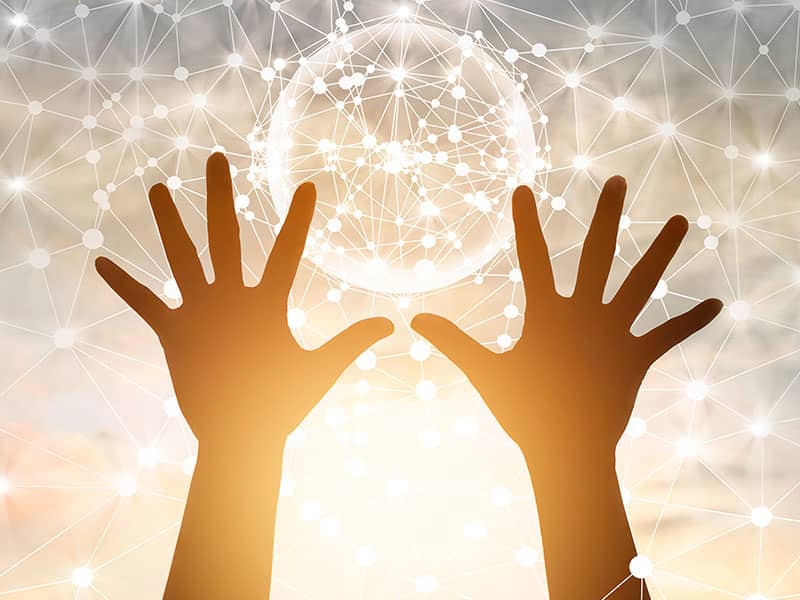On the other hand, this 44-year-old Parisian is trying to reconcile Islam, his chosen religion, with modernity. In an interview with United Press International, Guiderdoni spoke of his vision for a learned and authentic "European Islam" that contrasts with the fundamentalism he observes with considerable alarm elsewhere in the world.
In the mosques of "European Islam," sermons should be given in European languages and concentrate on spiritual matters, "not politics," he said. As in this religion's heyday 1,000 years ago, this kind of Islam would dialogue intensively with Christian, Jewish and other theologians on the highest intellectual levels.
In a sense, Guiderdoni thus echoed a statement by Taha Jaber Al'Alwani, president of the North American Fiqh (jurisprudence) Council, who told UPI that Islam in the United States may eventually wean from its Middle Eastern mother and engage instead in a discourse with representatives of the other monotheistic religions.
Of all places in France, in whose academic institutions theology and the sciences are much more rigidly segregated than in America, Guiderdoni combines the two unabashedly. He is director of research at the Paris Institute of Astrophysics and director of the Islamic Institute of Advanced Studies, which he himself has founded.
To Guiderdoni, who became a Muslim 15 years ago while living in Morocco, this makes perfect sense. For as he said in a recent Science and Spiritual Quest conference in Japan, "The Koran strongly recommends to ponder, and meditate upon Creation to find traces of the Creator in its harmony."
He quoted what he called "one of the intellectual miracles included in the Koranic texts," referring to Surah 3:190-191, which reads: "In the creation of the heavens and the earth, and in the alternation of night and day, there are signs for men of sense; those who remember God when standing, sitting, and lying down, and reflect on the creation of heaven and earth, saying: 'Lord, you have not created this in vain. Glory be to you! Save us from the torment of fire.'"
In the UPI interview, he spoke of a growing number of mathematicians and physicists around the globe who regard their work "as an opportunity to find God and to thank him." Believing scientists, he continued, find it easier than philosophers to understand why there is intelligence in the world and why it is intelligible. "Scientists of faith consider this only too natural. They know that God has placed intelligence into the world for man to recognize him. As the Koran says, "Whichever way you turn, there is the face of God." (Surah 2:115).
The New Paradigm, which recognizes that knowledge is limited, has rendered many scientists more modest, according to Guiderdoni. "Scientists have become more and more aware that they need an intellectual frame to interpret their findings. They find this frame in religion, which gives meaning to science."
As a result of this growing awareness, he added, "scientists and religious people are probably the only ones left in the world to discuss realities."
Guiderdoni is a member of the Board of Advisors of the John Templeton Foundation, which funds much of the global dialogue between religion and science, including the Science and Spiritual Quest" programs. The foundation is also a major donor to the private Interdisciplinary University of Paris, in which Guiderdoni is heavily involved. At this small school, students and faculty reflect on the relationship between theology, philosophy and science, a topic academics in state-run universities are by law not allowed to broach.
The Catholic and Protestant churches in France have their own high-level "institutes," which in reality are universities in all but name. But although there are 4-5 million French Muslims, no Islamic equivalent to these institutes exist, said Guiderdoni.
Hence Muslim theologians are trained in Islamic countries and not really competent to engage in exchanges with their Christian and Jewish counterparts on the highest intellectual level. "This is why I am urging our scholars to raise their theological standards," he told UPI.
The long-term alternative would be grim, said Guiderdoni: "A clash of civilization the way (Samuel) Huntington described it -- right here in this country."

